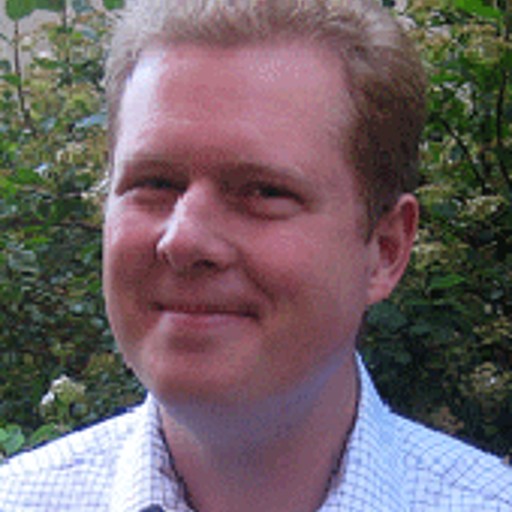Course syllabus adopted 2024-02-07 by Head of Programme (or corresponding).
Overview
- Swedish nameMatematisk statistik
- CodeTMS146
- Credits7.5 Credits
- OwnerTKBIO
- Education cycleFirst-cycle
- Main field of studyBioengineering, Mathematics
- DepartmentMATHEMATICAL SCIENCES
- GradingTH - Pass with distinction (5), Pass with credit (4), Pass (3), Fail
Course round 1
- Teaching language Swedish
- Application code 48130
- Maximum participants210
- Open for exchange studentsNo
- Only students with the course round in the programme overview.
Credit distribution
Module | Sp1 | Sp2 | Sp3 | Sp4 | Summer | Not Sp | Examination dates |
|---|---|---|---|---|---|---|---|
| 0115 Laboratory 1.5 c Grading: UG | 1.5 c | ||||||
| 0215 Examination 6 c Grading: TH | 6 c |
|
In programmes
- TKBIO - BIOENGINEERING, Year 2 (compulsory)
- TKKMT - CHEMICAL ENGINEERING, Year 2 (compulsory)
- TKMED - BIOMEDICAL ENGINEERING, Year 2 (compulsory)
Examiner
 Erik Kristiansson
Erik Kristiansson- Full Professor, Applied Mathematics and Statistics, Mathematical Sciences
Eligibility
General entry requirements for bachelor's level (first cycle)Applicants enrolled in a programme at Chalmers where the course is included in the study programme are exempted from fulfilling the requirements above.
Specific entry requirements
The same as for the programme that owns the course.Applicants enrolled in a programme at Chalmers where the course is included in the study programme are exempted from fulfilling the requirements above.
Course specific prerequisites
Linear algebra, analysis in one and in several variables.Aim
The course aims to introduce probability theory and statistical inference theory and to give practical experience in probability-based modeling, probability calculations and statistical inference. These are necessary components for handling, comparing and drawing conclusions from real experimental data.Learning outcomes (after completion of the course the student should be able to)
- understand and apply basic concepts within probability theory and mathematical statistics
- analyze simple stochastic problems
- understand and apply basic statistical inference theory
- identify suitable statistical models as well as adapt and use statistical methods in basic realistic applications
Content
Probability theory
Basic concepts
Combinatorics
Independence
Conditioning
Bayes theory
Discrete and continuous random variables in one and several dimensions
Special distributions
The law of large numbers
The central limit theorem
Basic statistical inference
Descriptive statistics
Concepts and methods of parameter estimation
Confidence intervals
Statistical hypothesis testing
Statistical regression analysis
Nonparametric methods
Model validation
Organisation
The Department of Mathematical Sciences offers the course. Emphasis is placed on both understanding and practical skills, with approximately equal parts of lectures and practical course components. The practical components are to some extent computer-based, involving two mandatory projects.
Literature
Devore J L, Probability and Statistics for Engineering and Science, 9:th edition, (ISBN 9781305251809) and handouts.
Examination including compulsory elements
The course is examined through a written exam covering all course components, as well as two mandatory computer projects.
The course examiner may assess individual students in other ways than what is stated above if there are special reasons for doing so, for example if a student has a decision from Chalmers about disability study support.